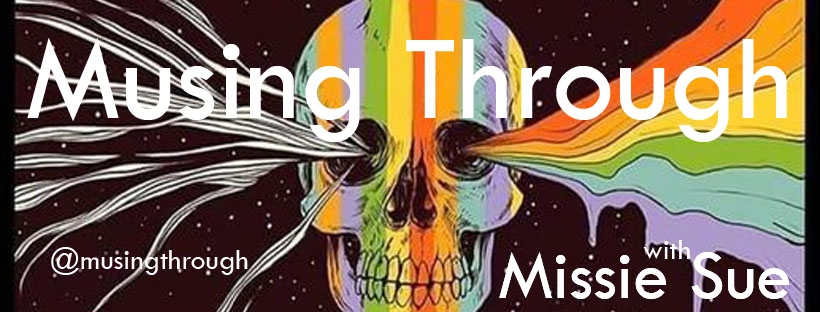I recently read The Locavore Way by Amy Cotler. It was a really good book and was very informative. I checked it out from my local library, but I could see where it would be more useful to just own a copy or download it on your kindle or nook or other reader. It is full of a lot of good information that would be useful to have on hand.
The book talks of striving to be a “locavore”, that is someone who seeks to consume only or mostly local food. Cotler talks about the pros of local eating for the economy as well as the environment.
Cotler also discusses buying clubs for meat and dairy, which are groups of people that get together with a farmer and purchase meat. She talks about the importance of grass-fed as apposed to corn-fed. We want our meat to be sustainably raised with no hormones or antibiotics. Chickens and cows should be free to roam and cattle should be fed grass. She points out this fact, which is also mentioned in the movie Food Inc. (SIDENOTE: Such an excellent film shedding a flood light on the food industry and the horrors of processed meats and food. If you have the chance, you should absolutely watch it.)
Cotler also discusses buying clubs for meat and dairy, which are groups of people that get together with a farmer and purchase meat. She talks about the importance of grass-fed as apposed to corn-fed. We want our meat to be sustainably raised with no hormones or antibiotics. Chickens and cows should be free to roam and cattle should be fed grass. She points out this fact, which is also mentioned in the movie Food Inc. (SIDENOTE: Such an excellent film shedding a flood light on the food industry and the horrors of processed meats and food. If you have the chance, you should absolutely watch it.)
This fact is pretty disgusting and shocking. In a nutshell:
Cows basically are not designed to eat corn; they are designed to eat grass. Cow farmers feed them corn to plump them up and inject them full of chemicals and the corn in the cows stomach actually creates the e. coli that they crap out that ultimately at times gets washed down the farm when it rains and runs right into your spinach!
I think this is pretty insane if you think about it. There is no reason for them to feed cows like this or treat them this way and it is appalling. It only serves to plump their fat wallets and sell you their crap food. Remember, you are voting when you buy! Use your voice wisely. If you don't agree with their practices, try your best to boycott what you can and go local and/or organic. If you support local agriculture, you save animals from slaughter houses that don’t take the animals into consideration and you in turn support local farms where animals are allowed to freely roam and interact with other animals and nature.
One of the interesting things is where the author talks about the differences between organic and local food and which she believes is better. Cotler believes that it is better to go local, because most local things are actually organic, many of the farms, however, can simply not afford to become certified organic, and therefore are cheaper anyway. And going local also supports your local economy and someone's local farm.
One of the main reasons for being a locavore, though, is because of the huge cost of transporting all of the food across the globe. Tons of gallons of fuel are burnt up shipping different foods across the country when you could easily buy the same produce locally! Locally grown food is grown for taste, not quickly for yield and shelf life like produce that is shipped. You are more likely to find heirloom varieties of a lot of vegetables that you haven’t tried.
The book is full of a lot of good information and really encourages you to above all “ask”, which seems so simple, but we sometimes forget that this is really a big power we have.
Ask where your food comes from. Seek out farmer’s markets and other local stands. Ask your grocery stores where they purchase their produce and encourage them to carry more local brands. She also talks of CSA, which is Community Sustained Agriculture. A CSA sounds really awesome. It is kind of like a buying club for meat, only it usually lasts for a certain number of weeks or something and every week you get a package of produce and other things that are in season at the time. It is usually fresh picked vegetables and fruit and some farms even include milk and cheeses. Different areas have different seasons for their CSA’s and prices for shares, so you would have to locate a CSA farm near you. Cotler also fills the book with many recipes and cooking tips for farm fresh vegetables and fruits. She covers some aspects of canning, freezing, and drying produce and emphasizes cooking food to prolong its shelf life.
The book is a really good read and I suggest reading it. The resource section alone is amazingly useful and a good way to locate a lot of different resources for attempting to reduce your carbon footprint, support your local economy, and eat healthier in the process! Check it out!


No comments:
Post a Comment